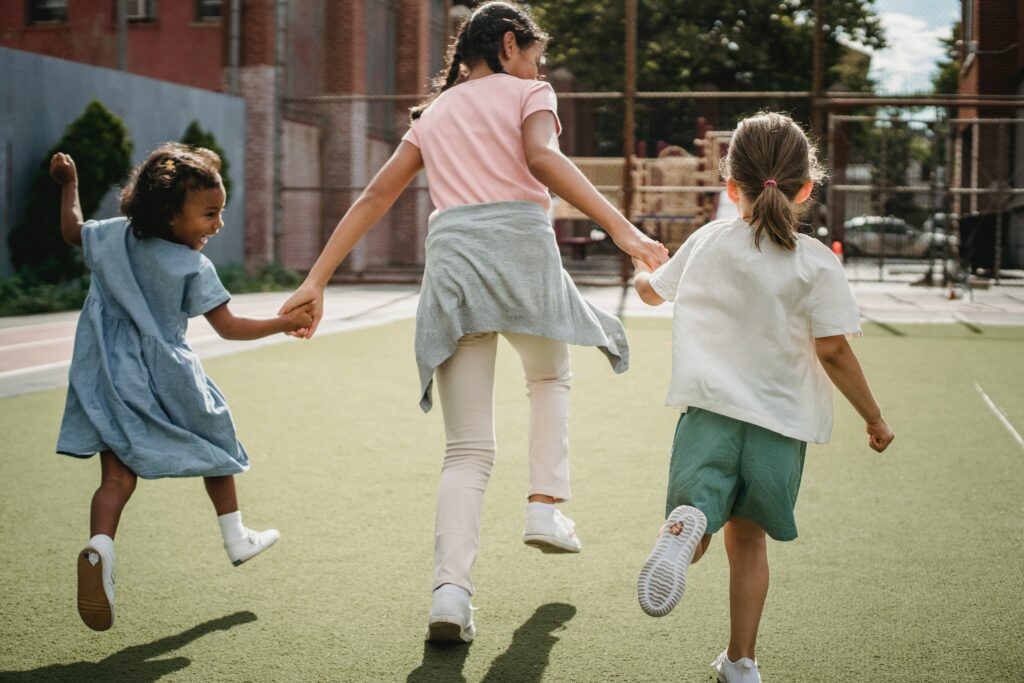Climate change mitigation isn’t enough–we have to focus on justice!
At FUNKY BROWN CHICK, we recognize that when our water, air, and lands are polluted, reproductive health is affected. If you’re like most of us at the Firm, you probably think about climate change. A lot. Questions like:
- Is there anything we can actually do?
- Are we really all doomed?
These questions weigh upon our minds heavily in the face of our current reality. Climate change prevention — or mitigation — is vital to reducing greenhouse gas emission, helping to secure long term food production, and overall in continuing to drive the preservation of our everyday lives as they are now. We need to:
- give communities the resources to prepare for and respond to their specific needs and experiences in the face of climate disasters and change, and
- address the root causes of unequal experiences in the first place.
This first point is known as climate change resilience. The second is known as climate justice.

Why is this important for gender?
We know that not everyone experiences climate change in the same ways. Because people with different identities experience oppression and privilege differently, we know that we will all experience climate change and its consequences differently too.
For instance, girls experience higher rates of child marriage after climate catastrophes, usually due to the family’s attempt at securing resources. What’s more? Climate disaster survivors who are women also face increased rates of death by childbirth complications due to malnutrition and disruption of safe drinking water, among other factors brought about my climate disaster. By understanding that these differing impacts are not experienced universally, resiliency plans are imperative.
Dr. Carlos Rodriguez-Diaz tells us climate change resiliency basically means we need back-up plans in place to mitigate harm. In fact, UNICEF provides one resiliency plan for Eastern and Southern Africa which includes directives to:
- Implement gender-based violence plans into climate disaster risk management
- Implement the Nairobi Declaration
- Encourage partnership between bureaucracies, governmental agencies, and nonprofits to ensure goals are implemented
- Encourage folks to get involved on local levels in disaster risk management and mitigation
Resiliency plans like these begin building frameworks that allow marginalized folks to become equipped with the resources to lead healthy, safe, and equitable lives in the face of climate disaster. However, resiliency plans are only effective in the fight for climate justice if there are implementations carried out to equip folks with the resources they need.
We love how Dr. Carlos Rodriguez-Diaz cautions to ensure resiliency isn’t a phrase used to glorify resistance-survival in the face of disaster. Take Puerto Rico, for example. He does a great job explaining how U.S. media and culture glorified resiliency within Puerto Rico after Hurricane Maria, even though the U.S. abandoned Puerto Rico to deal with the aftermath of the hurricane. However, Many Puerto Rican people were already living in a resistance-based survival infrastructure due to lack of resources due to the island’s status as a territory of the United States. True climate change resiliency, as Dr. Rodriguez-Diaz also points out, is achieved through ensuring mechanisms, resources, and funding are in place where survivors of climate disaster can not only survive, but thrive, in the aftermath — and, of course, prevent living in survival mode in the first place.
We must truly construct a world where each individual can lead a safe, healthy, and fulfilling life. FUNKY BROWN CHICK is committed to achieving climate justice, and working with organizations that are moving towards increasing climate resilience as well as working towards climate change mitigation. Setting mechanisms in place that allow resiliency and climate change prevention to work in tandem is key in helping to achieve climate justice. If you are doing work in this area, we should talk.
